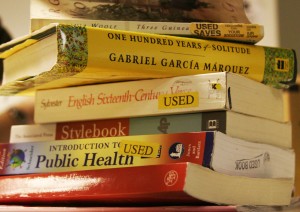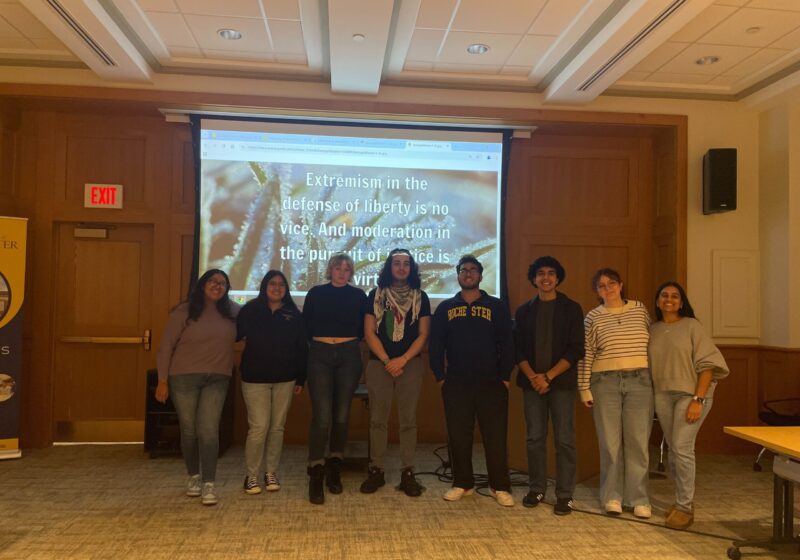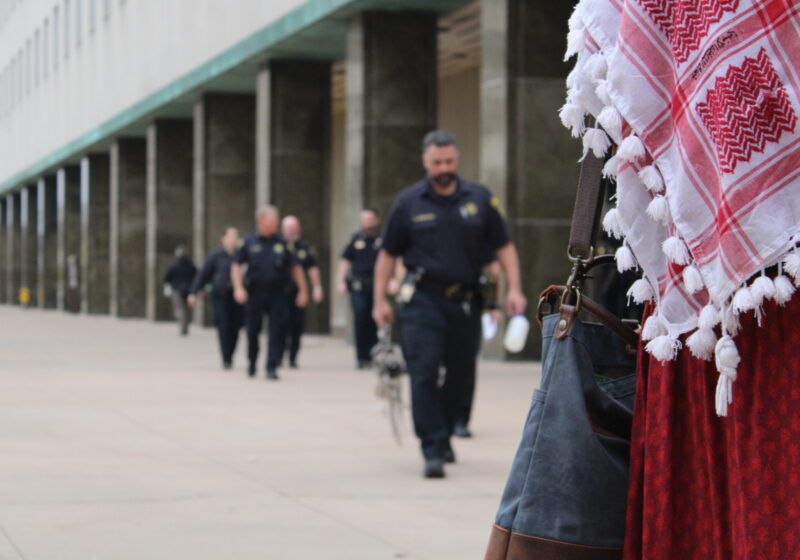
Drue Sokol, Photo Editor
Whether a student is dreading or anticipating the start of a new semester, he or she needs textbooks. However, the process of acquiring them before classes start can be frustrating. While most professors are reliable about posting their textbook requirements through a syllabus on Blackboard, access to a class’ Blackboard link — and thus the syllabus — is sometimes not given until after the first day of class.
Meanwhile, professors typically expect their students to come to the first class with the textbook already purchased and, in some cases, assign reading due for that day. Therefore, it is unreasonable to expect that students idly wait for their Blackboard class links to go live only to discover what textbooks they need.
That is where the UR Bookstore’s online textbook database comes in handy. Sort of. The website gives students the option of entering their course codes to find their required textbooks many weeks before classes start, giving them time to forage for the best deals from fellow students, Amazon, Chegg or other similar websites.
The flaw in the system of the bookstore database, however, is that some courses are not listed under all of their cross listings. For example, a course such as “Music, Ethnography and HIV/AIDS” has a primary listing of MUR 236, but is also crosslisted as AAS 222, ANT 240, MUR 436 and PH 227 in the course catalogue. Despite this, the bookstore’s online textbook database only shows results for MUR 236. When searching under any of the course’s other listings, the website incorrectly states that “currently no textbook has been assigned for this course.” This incorrect information gives students the false impression that no textbook is required, when one actually is listed under a different course code.
In general, the website correctly returns search results for the cross-listings of large, popular classes, such as BCS 110, but not for smaller classes. The courtesy of accounting for a course’s cross-listing code should be extended to all courses.





